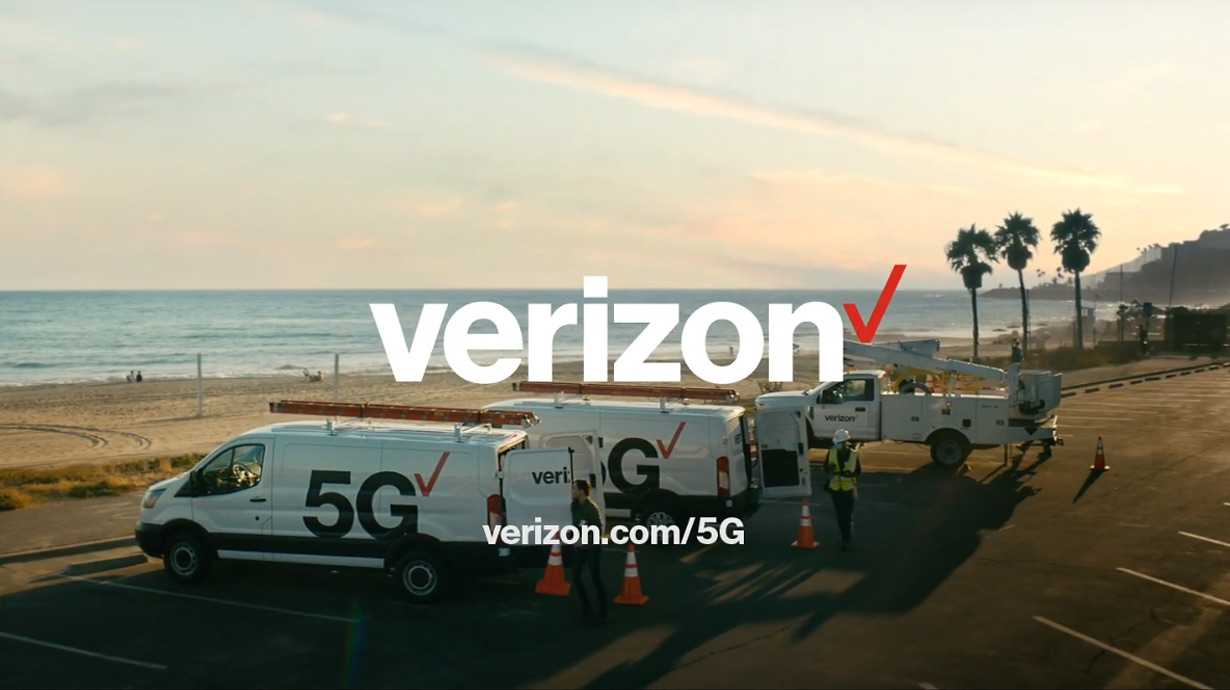The Big Three telecom providers – Verizon, AT&T, and T-Mobile – have invested heavily in 5G airwaves, but are yet to see much return on their investments, per Bloomberg. Despite over $100 billion collectively invested in the technology, it hasn’t led to any game-changing applications or increased revenues for the telecom giants.
While 5G technology has higher speeds with lower latency, which makes it well suited for streaming high-definition video, it has yet to deliver on these promises. Many wireless subscribers see little reason to upgrade their smartphones to a new 5G-capable model, which would also require signing up for a more expensive unlimited data plan.
In the meantime, the Big Three have started to try to leverage 5G bands for more than just cellular service, pushing into the home broadband internet space. The high speed and low latency capabilities of 5G networks are especially compelling for applications such as competitive gaming and 4K ultra high-definition digital streaming entertainment.
Interpret’s VideoWatch data suggests that supporting home internet is a good play to realize additional return on investment in 5G infrastructure. Subscribers to the three telecom providers spend about 17% more time watching streaming content on free or subscription streaming services (14.4 hours per week compared to 12.5 hours per week for the general population). This difference is most pronounced with T-Mobile subscribers, who spend an average of 18 hours per week watching streaming video content.
However, even at these consumption rates, it is unlikely that streaming video content alone will allow the telecom providers to recoup their investment in 5G. They are increasingly turning towards business applications, private 5G networks, and the emerging metaverse, using their 5G networks to serve as the backbone for new, data-intensive applications. As Verizon commented to Bloomberg, “We’re creating the platform for the metaverse to really accelerate.”
Partnerships, such as the one Verizon recently announced with Meta or AT&T’s collaboration with Microsoft, are likely to become more common as the telecom providers look to leverage their sizable investments in 5G bandwidth to introduce new applications and revenue streams.




